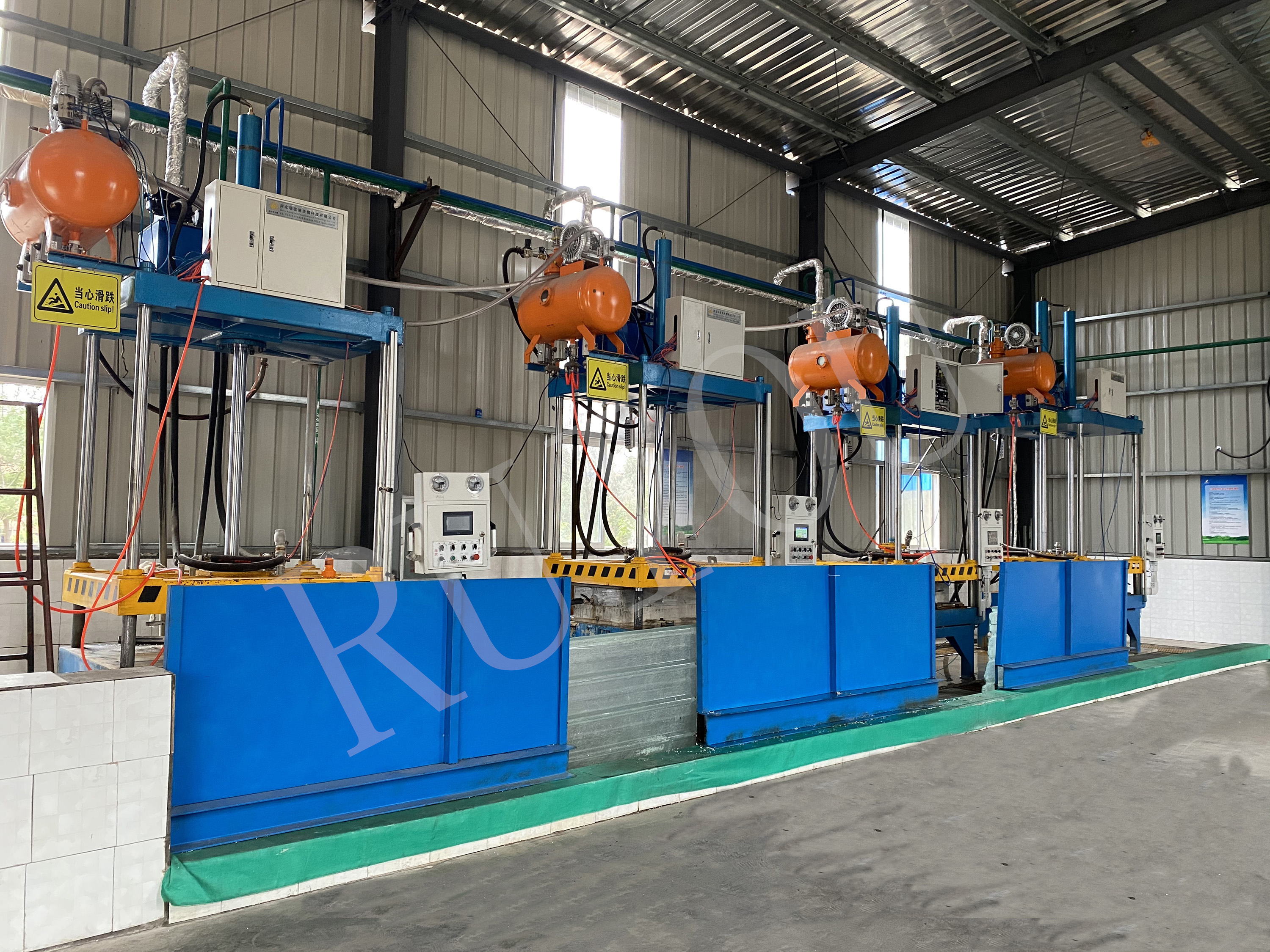Lost Foam Casting: Shaping Metal through Evaporative Patterns
Lost foam casting, also known as the full mold casting process, is a versatile and efficient method for shaping metal components. This unique casting technique utilizes expandable foam patterns, which are vaporized during the metal pouring process, leaving behind a precise metal replica of the original pattern. In this article, we will explore the fascinating process of lost foam casting, from pattern creation to the final product.
1. Pattern Creation:
The process begins with the creation of a foam pattern. This pattern is typically made from expanded polystyrene (EPS) foam, although other materials like polyurethane foam can also be used. The foam is cut, carved, or molded into the exact shape of the desired metal component. Precision is crucial at this stage, as the final product will replicate the pattern's shape and details.
2. Cluster Assembly:
Several foam patterns, each representing a part of the final casting, are attached to a central gating system. This assembly, known as the cluster or tree, is often coated with a refractory material to enhance its strength and heat resistance. The gating system includes channels for molten metal to flow into the mold cavity and vents for air and gases to escape.
3. Sand Molding:
The cluster is then surrounded by a flask filled with dry, unbonded sand. This sand serves as the mold material and is compacted around the foam cluster to ensure stability. The gating system remains accessible for metal entry.
4. Evaporation and Metal Pouring:
The prepared mold is placed in a vibratory table or shaken to ensure even distribution of the sand. When ready, the mold is inverted, and the foam patterns are positioned facing down in a pouring pit. The inverted mold is then securely placed in a flask.
Molten metal, typically aluminum or other non-ferrous alloys, is poured directly into the flask, filling the space left by the foam patterns. As the metal makes contact with the hot sand, it vaporizes the foam patterns due to their low melting point and generates gas pressure that compacts the sand, ensuring a detailed and precise casting.
5. Cooling and Solidification:
Once the metal fills the mold cavity, it begins to cool and solidify, taking on the shape and intricacies of the original foam patterns. The gating system allows excess metal and gases to escape during this process.
6. Shakeout and Cleaning:
After the metal has sufficiently cooled and solidified, the sand mold is shaken or vibrated to release the cast metal component. The cluster, which has been transformed into a solid metal structure, is separated from the sand. The excess metal from the gating system is typically removed and recycled for future use.
7. Post-processing:
The cast metal component may require additional post-processing, such as machining, polishing, or heat treatment, to meet specific design and quality standards.
Advantages of Lost Foam Casting:
Complex Geometries: Lost foam casting can produce intricate and complex shapes with ease, including internal features that may be challenging with other casting methods.
Minimal Draft Angles: Unlike traditional sand casting, lost foam casting typically requires less draft angle on the pattern, reducing the need for extensive machining after casting.
Reduced Tooling Costs: Since no permanent molds are needed, lost foam casting can be more cost-effective for small to medium production runs.
Improved Surface Finish: The process often yields castings with excellent surface finish and minimal porosity.
Environmental Benefits: The evaporative foam patterns are non-toxic and can be recycled, making lost foam casting environmentally friendly.
In conclusion, lost foam casting is a versatile and efficient casting method that enables the production of complex and precise metal components. Its unique use of expandable foam patterns and the vaporization of those patterns during metal pouring make it an attractive choice for various industries seeking high-quality, intricate castings.
Ruiou provide high quality EPS shape moulding machine for lost foam casting,please feel free to contact us.

评论
发表评论